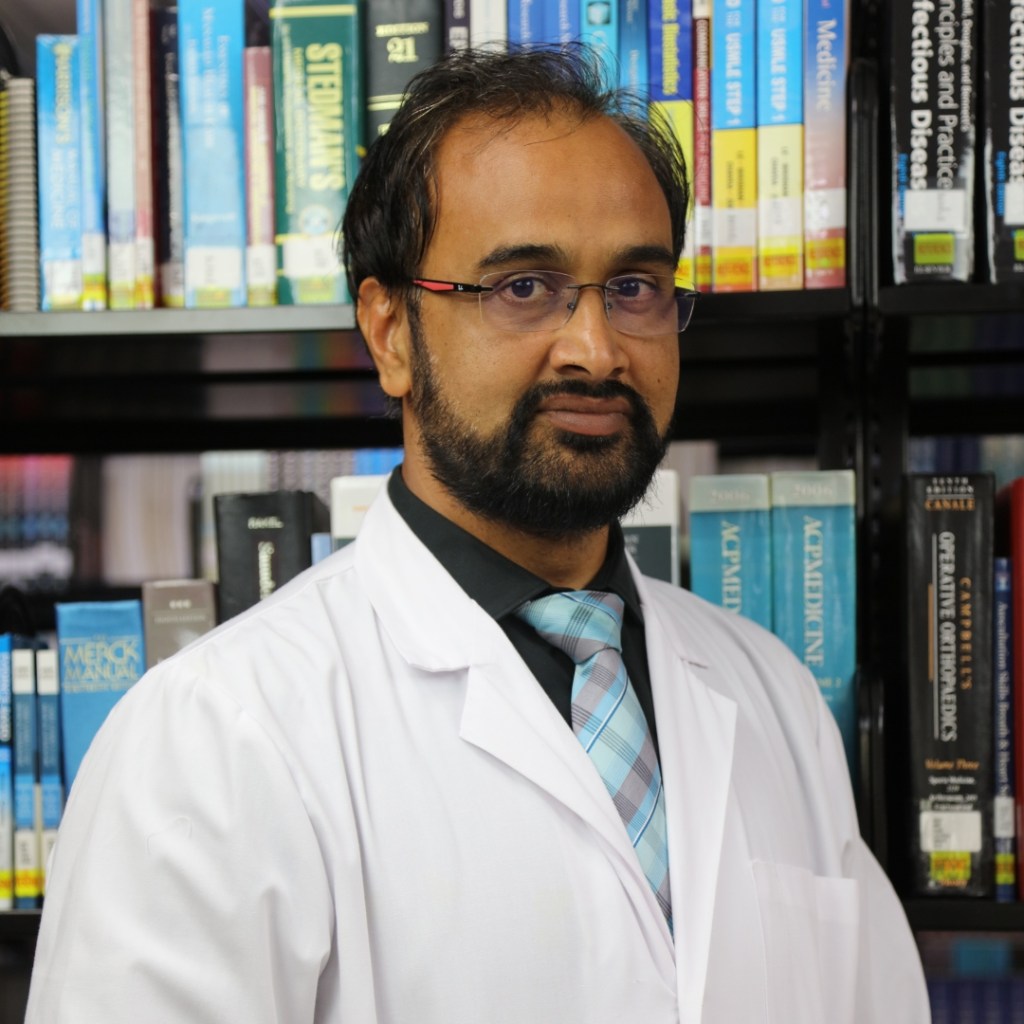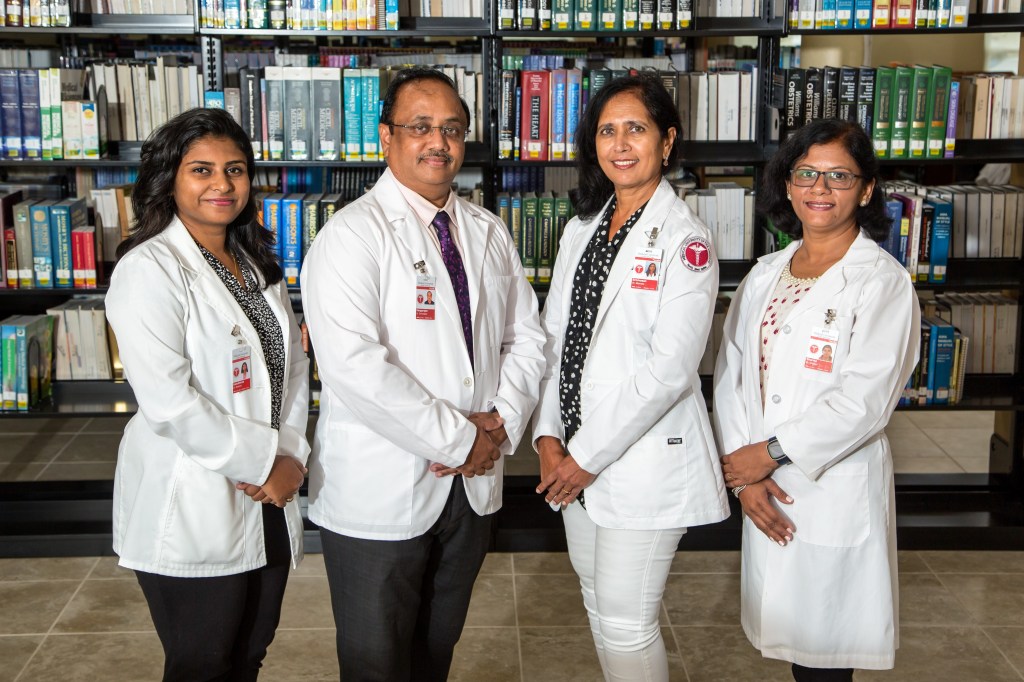
Sunil Kumar Rai
Assistant Professor of Cell and Molecular Biology
Qualifications: PhD (Biotechnology)
School/Division: Molecular Biology
Courses: Cell and Molecular Biology, Biochemistry and Genetics
School/Division: Molecular Biology
Courses: Cell and Molecular Biology, Biochemistry and Genetics
